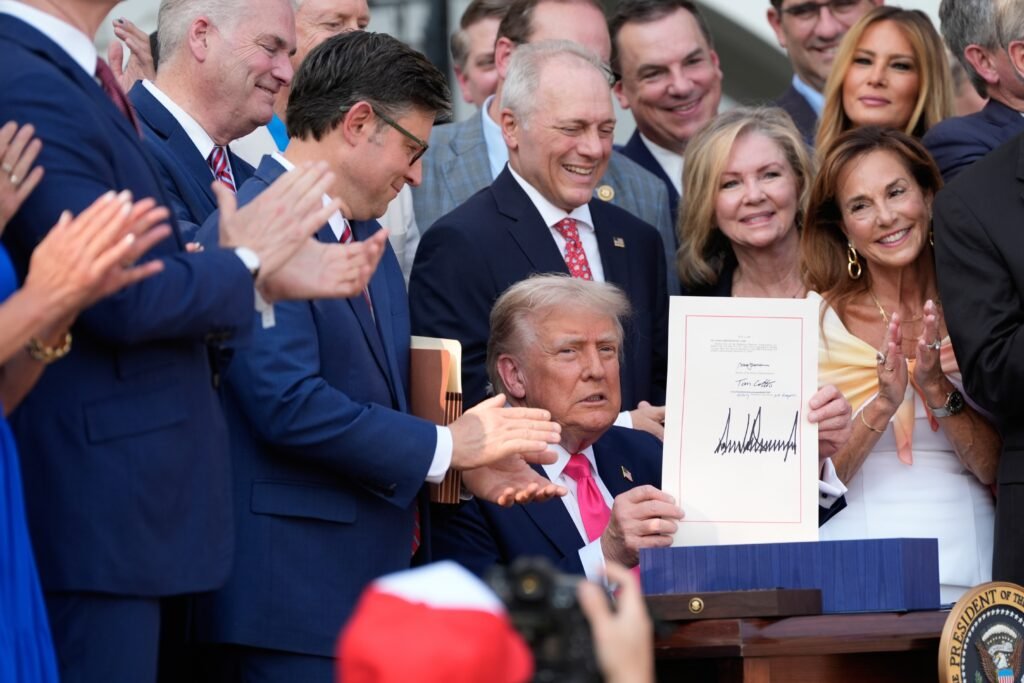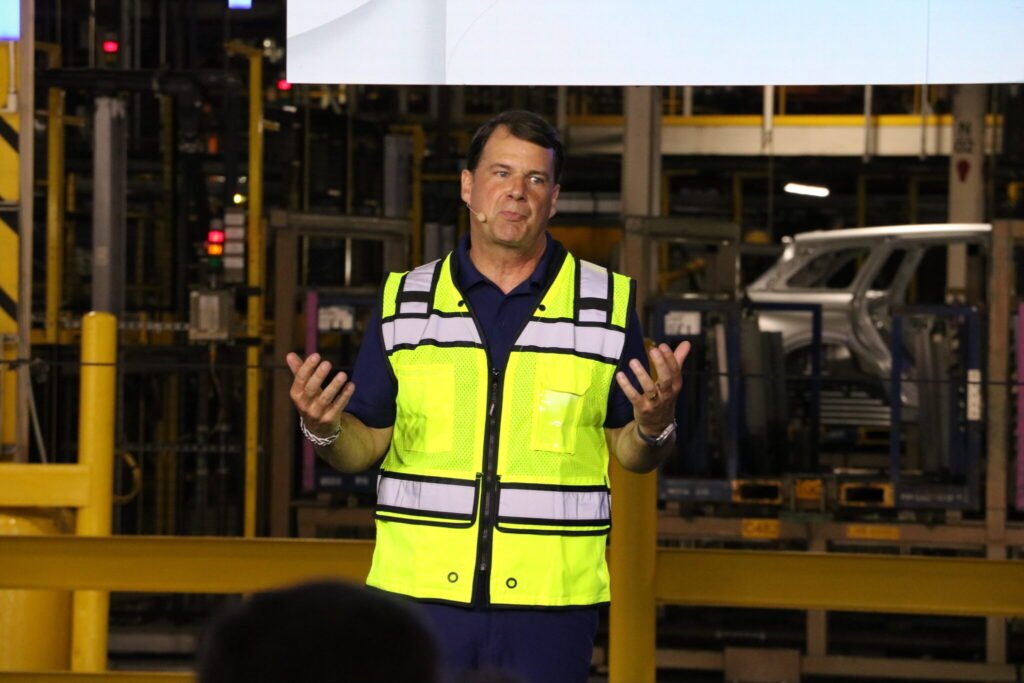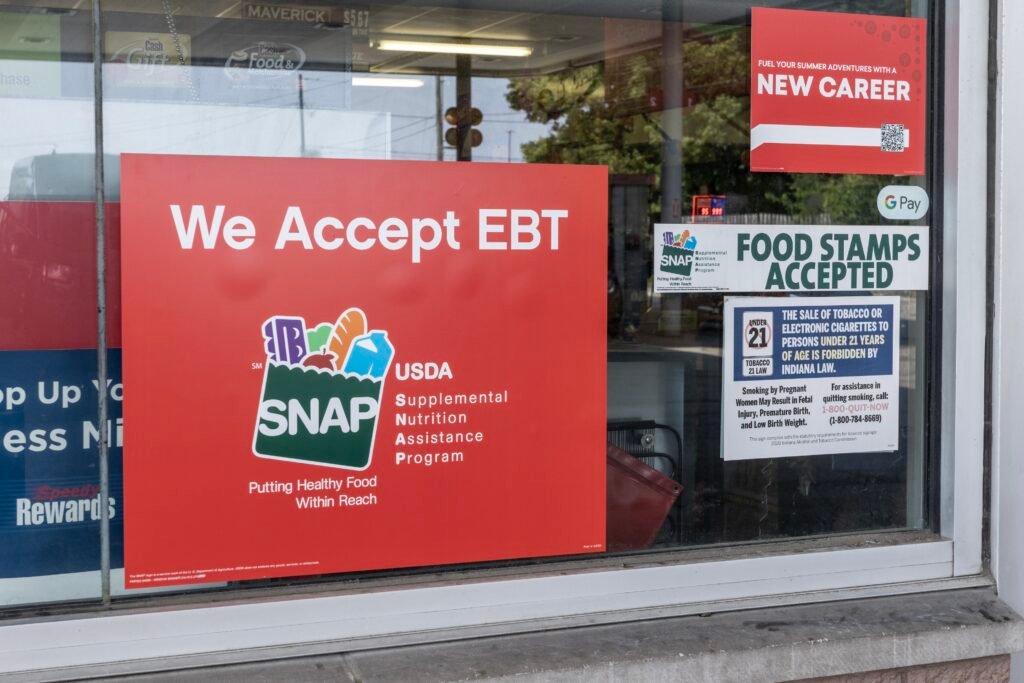Fighting for American Jobs in Ashland
In the serene hills of Ashland, Alabama, sawdust lingers on work boots, serving as a reminder of the hard work and dedication that fuels the local economy. It’s here that one man is tackling an issue many of us might not even realize we’re facing.
Stephen Wellborn isn’t a politician or a critic; he’s a second-generation manufacturer. Wellborn co-owns one of the nation’s largest family-owned businesses, and he also founded the American Kitchen Cabinet Alliance (AKCA). This coalition aims to combat the gradual decline of vital American industries due to foreign subsidies and unfair trade practices.
This struggle extends beyond a single company. It represents around 250,000 American jobs, standing as one of the few industries that have yet to be completely overshadowed by foreign competition.
Wellborn speaks from experience, having spent decades navigating production lines and dealing with challenging shipments. Recently, he’s voiced concerns about the global trading system that punishes American craftsmanship while enabling aggressive tactics from overseas. “We don’t need to rebuild this industry; it’s still here. We just need to protect it from unfair trade,” he asserts. “All we’re asking for is a level playing field.”
The Impact of Foreign Subsidies
For years, Wellborn Cabinets has showcased what rural American companies can achieve. Established by Paul and Doug Wellborn in 1961, the company has provided jobs for over 2,200 people—a figure that surpasses Ashland’s own population. While cabinet-making is his craft, it’s also been a path to building a career, a family, and a future.
However, things began to shift after the Great Recession. It wasn’t due to a lack of innovation or demand but because foreign rivals, especially from China, started flooding the market with cabinets priced inexplicably low, thanks to government subsidies and exploitative labor practices. “They sell them here for less than what our materials cost,” Wellborn explains. “If you remove labor, energy, and transport costs, it’s a losing game. The Chinese government is underwriting the rest just to undermine our industry.”
This practice is known as damping—a tactic that the U.S. Department of Commerce has recognized as a violation of international trade laws. After the AKCA initiated legal action, the federal government was compelled to regulate the influx of Chinese cabinets.
Yet, the relief was fleeting. Soon after, Chinese exporters began rerouting products through countries like Malaysia, Vietnam, and even Mexico, slapping new labels on them to dodge tariffs. “It’s the same cabinet; just a different box. They’re essentially laughing at us,” Wellborn says. “And our trade laws have allowed this to happen.”
Job Losses and Mental Cost
In the past five years, Wellborn Cabinets has seen its workforce shrink from 2,200 to around 1,300. Those who remain have faced cut hours and job reductions, resulting in slowed production and altered orders. Even devoted American builders have turned to imports due to cost concerns.
“When a client switches to cheaper options, that’s it. You just have to accept it—a business is gone,” Wellborn shares. “And what’s left is often on a low margin. So even with hard work, you’re just trying to stay afloat.”
The ramifications extend beyond the economy itself. It affects people’s sense of self-worth. “When folks see their jobs being replaced by cheaper foreign goods, it takes a toll,” he reflects. “We want to create and produce something here, and do it the right way.”
AKCA’s Purpose: Protecting What Remains
Co-founded by Wellborn and other manufacturers, the AKCA currently advocates for over 250,000 jobs throughout the nation. They’re not simply looking for relief; they are calling for accountability.
The alliance is pressing the current administration to impose 100% tariffs—without exemptions—on imported cabinets and related timber products through a national security review. “Cabinets aren’t a luxury item,” Wellborn emphasizes. “They are essential for building homes and supporting families. If we can’t make them here, that’s a national security issue.”
Wellborn isn’t alone in this fight. Senators Katie Britt and Tommy Tuberville are backing these efforts, with Tuberville recently speaking at an AKCA press conference in Washington, D.C. He expressed his support for 100% tariffs. Britt acted quickly to submit a video supporting AKCA’s cause—a gesture Wellborn appreciates. “She understands; we are in a crisis, and so does Tuberville,” he states. “This isn’t just policy; it’s about jobs and lives.”
What’s at Stake?
This issue transcends mere kitchen cabinetry. It gets to the heart of the American dream and the role of those who construct homes. “The Wellborn Cabinet stands as a microcosm of this larger narrative,” Wellborn indicates. “We are demonstrating that it’s still possible to produce goods in America, while also creating quality jobs that support families.”
However, without legal changes, sustainability remains in jeopardy. “Every day, we hear from businesses that are allowed to sell tax-free cabinets. They exploit loopholes, and they’re mocking us while we adhere to the rules,” he says.
This urgency drives the AKCA’s efforts. It’s not just about reclaiming losses but about safeguarding what still exists. “If we allow this to fade, we lose one of the last great American industries. We’re still here and we’re still fighting,” Wellborn insists.
The Bigger Picture
Through years of policy discussions and regulatory skirmishes, Wellborn reflects on the stakes involved. “We’ve seen the fallout when industries falter—furniture, textiles. Those are gone. But this doesn’t have to be our fate.”
Behind every cabinet stands a person—a welder, supervisor, designer, a parent—all hoping to find work in Clay County without having to leave. “Want to rebuild the American Dream? Here’s how we start. It begins with giving honest people a fair opportunity,” Wellborn concludes.
But what happens if lawmakers fail to act? That’s a reality we might soon face.







